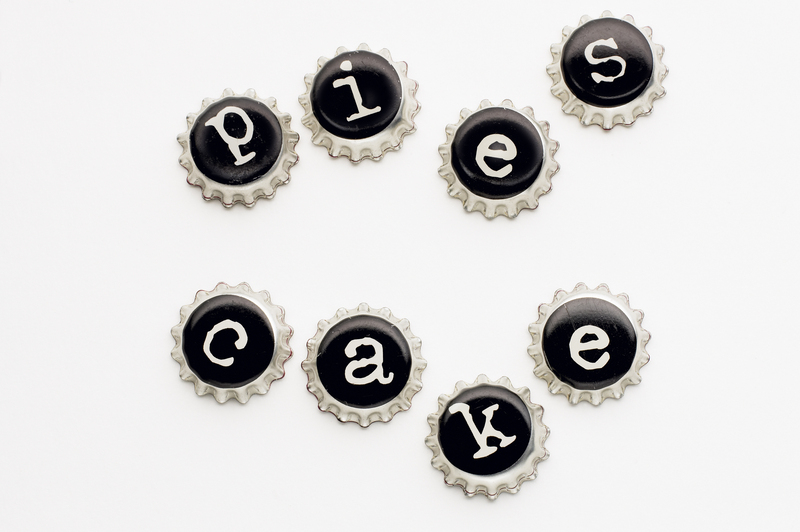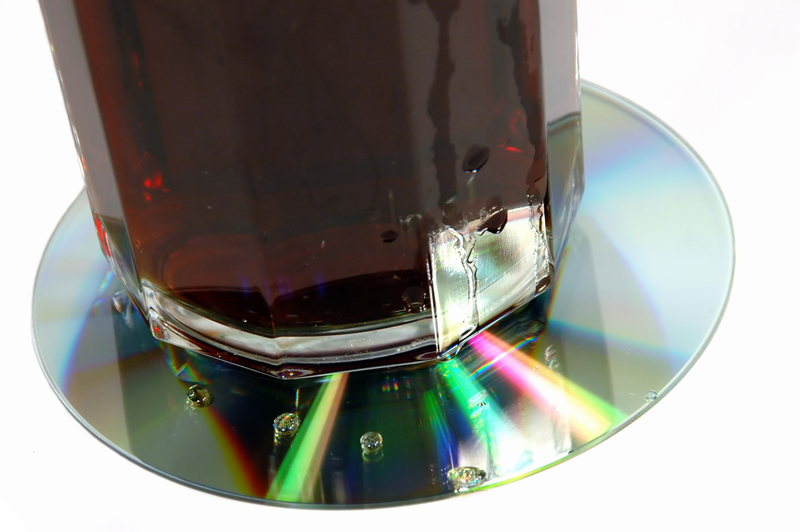Marine Plastic Pollution
Posted on 27/12/2024
Marine plastic pollution has emerged as one of the most pressing environmental challenges of our time. Each year, millions of tons of plastic waste enter oceans, posing severe threats to marine life, ecosystems, and human health. Understanding the nuances of marine plastic pollution is essential to devising practical solutions.
The Scale of the Problem
The scope of marine plastic pollution is staggering. According to recent studies, approximately 8 million metric tons of plastics end up in the oceans annually. The Great Pacific Garbage Patch, one of the most infamous examples, is estimated to be twice the size of Texas. This pervasive pollution affects nearly every corner of the globe, from remote islands to deep-sea trenches.

Types of Marine Plastic Pollutants
Marine plastic pollutants come in various forms, including:
- Microplastics: Small plastic particles less than 5 millimeters in diameter.
- Macroplastics: Larger plastic debris like bottles, bags, and fishing nets.
- Nanoplastics: Extremely small particles often resulting from the breakdown of larger plastics.
Impact on Marine Life
The impact of plastic pollution on marine life is profound and multifaceted. Marine animals frequently ingest plastics, mistaking them for food, which can lead to internal injuries, poisoning, and death. Additionally, plastics can entangle marine creatures, restricting their movement and causing drowning, starvation, or predation.
Human Health Risks
Humans are not immune to the consequences of marine plastic pollution. Microplastics have been found in seafood, posing potential health risks when these contaminated foods are consumed. Chemicals leached from plastics, such as bisphenol A (BPA) and phthalates, are known endocrine disruptors, potentially leading to serious health issues.
Economic Consequences
The economic impact of marine plastic pollution is substantial. It affects the fishing industry through reduced catches and damaged gear. Tourism suffers as polluted beaches deter visitors. The cost of clean-up operations is also significant, posing a burden on local and national economies.
Efforts to Combat Marine Plastic Pollution
Several initiatives are underway globally to tackle marine plastic pollution:
- Legislation: Many countries are enacting bans on single-use plastics and promoting recycling.
- Technology: Innovations in biodegradable plastics and advanced waste management systems.
- Activism: Non-profit organizations and environmental activists are raising awareness and driving change.
Tips for Reducing Marine Plastic Pollution
Here are some actionable tips to contribute to reducing marine plastic pollution:
1. Reduce your use of single-use plastics by opting for reusable bags, bottles, and straws.
2. Participate in beach clean-up activities to help remove plastics from coastal areas.
3. Educate yourself and others about the importance of proper waste disposal and recycling.
4. Support legislation aimed at reducing plastic production and promoting sustainable alternatives.
5. Encourage businesses to adopt eco-friendly practices and reduce plastic packaging.
Pros and Cons of Efforts to Address Marine Plastic Pollution
Pros:
- Raises environmental awareness.
- Promotes sustainable practices and technologies.
- Attracts governmental and corporate attention.
- May lead to healthier ecosystems and improved biodiversity.
Cons:
- Implementation of regulations can be slow.
- Potential economic impact on industries reliant on plastics.
- Difficulties in enforcing laws and regulations globally.
- High cost of clean-up operations and sustainable alternatives.

Key Takeaways
- Marine plastic pollution is a critical environmental issue affecting marine and human life.
- The problem is global, requiring coordinated efforts from international, national, and local entities.
- Individual actions, such as reducing plastic use and participating in clean-up initiatives, can have a significant impact.
- Continued innovation and legislation are essential in turning the tide against marine plastic pollution.
Conclusion
Marine plastic pollution presents a dire threat to our oceans and the planet at large. The situation demands urgent attention and collective action from individuals, businesses, and governments worldwide. By making conscious choices, supporting sustainable initiatives, and advocating for stronger regulations, we can mitigate the effects of plastic pollution and protect our marine environments for future generations.

